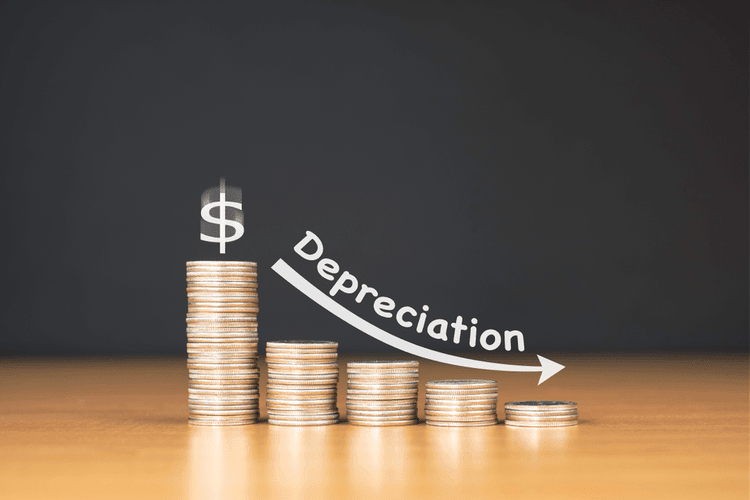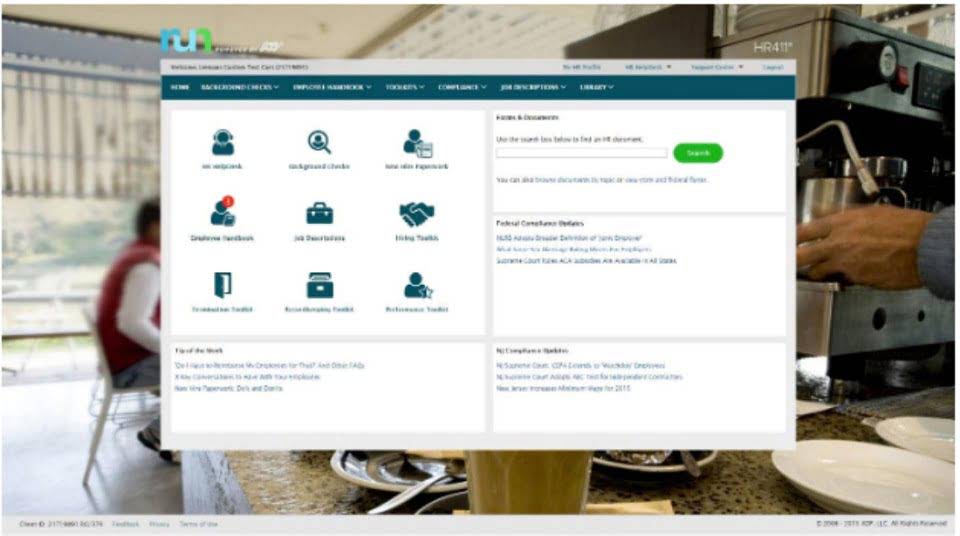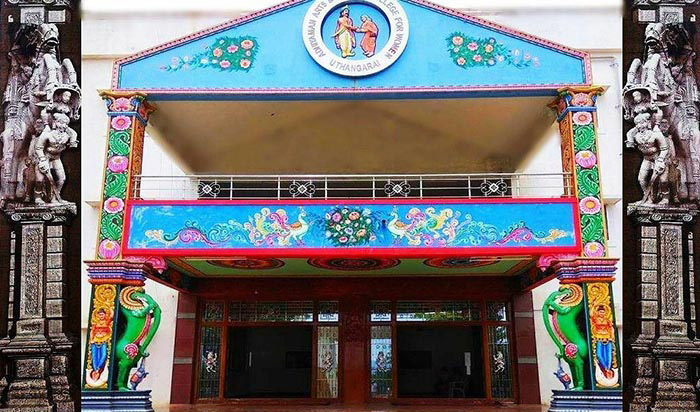
These factors include macroeconomic developments such as economic growth and inflation, which are supported by analyses like those from the Ifo Institute. The “Foundations of Hotel Budgeting and Forecasting” course is designed to equip learners with the essential skills and knowledge needed to excel in the dynamic hospitality industry. As the industry continues to evolve, effective budgeting and forecasting have become imperative for hotel management.
Different types of hotel budgets
Operating revenue denotes the income you will generate in the next financial year. Since you have both demand calendar and operating expenses in place and know the price for each timeframe, you can draw operating revenue through that for the upcoming year. Also, collect the expenses data for the last one or two years and compare both sets of data to accurately make budget forecasting that supports your next year’s goals and plans. Remember to include these steps in your business budget planning to create a concrete hospitality budget. They run reports of the projected net, total profits, and expenses of all functioning departments of the hotel. For preparing these spreadsheet reports, they consider terms like occupancy rate and average daily rate for both on and off-seasons.

b. Occupancy and ADR (Average Daily Rate)

For instance, analysing customer satisfaction scores can help identify specific areas of the hotel’s operations that may need attention, such as service quality, cleanliness, or amenities. By addressing these areas, hotels can enhance the overall guest experience and, in turn, increase customer loyalty and repeat bookings. To involve stakeholders effectively, hotels should schedule regular meetings and communicate clearly about the budgeting process and goals. The average revenue in the hotel industry varies depending on the location, hotel type, and season. According to STR, the average daily rate (ADR) for US hotels in 2021 was $110.95, and the occupancy rate was income statement 50.2%.
From Manual to Digital: The Journey of Columbia Hospitality with HelloShift
Join 20,000+ hoteliers and get weekly property management tips & insights. This means analysing your revenue streams and expenses in detail, splitting them into categories and formatting a budget for each one. Budget prices vary depending on the season, destination, the amenities, the quality and the level of service. In general, a hotel that is less than 50 euros is considered a budget hotel.
- Moreover, they have to become more creative in methods and revenue strategies to increase the performance of their property.
- A departmental budget is crafted for each individual department, taking into account both fixed and variable expenses.
- They also invest in branded domain names and websites (along with plug-ins such as chatbots).
- A good hotel marketing strategy relies on combining paid and unpaid marketing strategies like word-of-mouth marketing.
- This means that you need to check that the marketing budget, capital expenditures, and operational costs are proportionate to the expected revenue that it will generate.
- You can create unlimited virtual cards and allocate them for different online payments.
Rooms and beds Tourist Inn Hotel ***
This course offers a comprehensive understanding of fundamental concepts, practices, and tools in hotel budgeting and forecasting, making it an ideal choice for various target learners. Operational costs, including both fixed and variable expenses, form a significant part of the hotel budget. Hotels should set goals and objectives for the forthcoming year based on their financial data, revenue streams, and expenses. Creating an effective hotel budget plan requires input from various stakeholders, including department heads, finance teams, and executive leadership. Each stakeholder brings a unique perspective and expertise to the budgeting process. Occupancy rates are a crucial factor in budget planning because they impact revenue, staffing, and inventory management.

Regular reviews and adjustments to the budget forecasts ensure that the hotel remains financially agile and competitive in the dynamic hospitality industry. With strong financial management, small hotels can maximize profitability and sustain long-term growth. The operational budget in the hospitality industry focuses on the day-to-day expenses required to run the hotel smoothly. This includes fixed costs such as utilities, maintenance, and salaries, as well as variable costs like food and beverage expenses. Labor costs are a significant part of the operational budget, representing around 20-25% of overall live roster costs.

These application costs (SaaS) can become an intractable expense category in the hospitality budget if you don’t have a proper means to pay them. Resolve that by assigning virtual cards to schedule them every month automatically. If you create a department for marketing, every transaction you make related to that (PPC costs, website revamp expenses, and lots like this) will be tagged under marketing. It lets you process local and international transfers, employee reimbursements, and online and card payments in one place. Real-time data management budget in hotel is a must for both budget forecasting and monitoring.
Business Trip Packing List: Essentials for Extended Stays
Hotel accountants need to adhere to industry-specific standards, such as the USALI (Uniform System of Accounts for the Lodging Industry), which adds to the complexity of their role. When it comes to expenses, break them down into fixed and variable costs. For example, fixed costs include things like rent Bookkeeping for Chiropractors and staff wages, while variable costs might include marketing or supplies.






